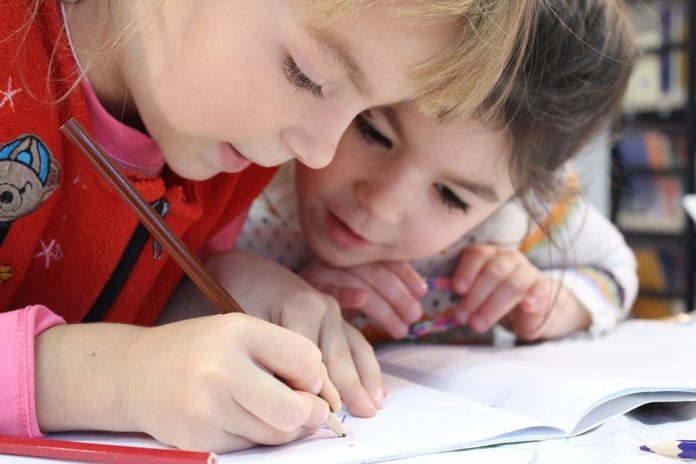Young people will continue to be protected against infection and disease as school-age immunisation resumes for year-eight and year-nine students in the Burnham-On-Sea area.
Due to the COVID-19 pandemic, schools were closed and community clinics cancelled, which meant that eligible secondary students were unable to receive their routine vaccinations against Human Papillomavirus (HPV), Td/IPV (tetanus, diphtheria and polio) and MenACWY (Meningococcal groups A, C, W and Y disease).
Most of these are usually given in schools during term time, but due to COVID-19 there has been a backlog of vaccinations.
These immunisations are commissioned and led by NHS England and NHS Improvement to reduce the toll from serious and sometimes-fatal disease.
The programme is now starting up again in the region and parents are to be invited by individual providers to bring their child to a school or community venue where nurses will administer the relevant vaccine.
Somerset NHS Foundation Trust’s school aged immunisation nursing team (SAINT) is one of the first providers to begin the immunisation schedule in Somerset, having started its catch up programme on 15th June.
Clinics are being run across the county in community venues such as schools, community hospitals and children’s centres that have been volunteered for the use of the vaccination sessions.
Suzy Mason, SAINT team leader, said: “Our clinics have been running for the past four weeks and we’re contacting parents on an individual basis, making appointments and reassuring them and their children about any concerns raised.”
“Several of Somerset’s secondary schools have generously allowed us to use their buildings over the summer break while they are closed to the majority of students – this has allowed us to run clinics in familiar and accessible settings for families. We are extremely grateful to all as we couldn’t have arranged the vaccination clinics without this support.”
“So far, the programme has been really successful with a great turnout and positive responses from parents to community immunisation clinics.”
The team have completed 25 clinics so far and have a further 37 booked throughout the summer holidays.
Other providers in the South West are expected to resume the immunisation schedule over the coming weeks with parents being contacted by providers to bring their children in for vaccination.
Dr Michael Marsh, Medical Director for NHS England and NHS Improvement in the South West, said: “The infections we’re talking about here can cause very serious illnesses in children, so we’re very pleased to be able to offer immunisations again. We are pleased that there are the early signs that parents and children are keen to get protected, even where they can’t yet get to school.”
“I’d urge all parents and young people who get an invitation to take up the offer. It’s quick and easy and will give lasting protection.”
Plans have been developed to use the end of the summer term and the summer breaks to catch up on the backlog from the 2019/20 school year, and any outstanding backlog will be caught up in the 2020/21 school year.”
Background information about vaccinations
What is the HPV vaccination?
The critical role of HPV in nearly all cervical cancer underpins the rationale for the national HPV vaccination programme for girls aged 12-13, introduced in 2008. Since that time, infections of the two types of HPV (12 & 18), which account for four out of five cervical cancers, have reduced by 86% among 16-21-year-old women in England. Although it will take some years to see the full impact, a Scottish study recently showed that the A Scottish study recently showed that the vaccine has also reduced pre-cancerous cervical disease in women by up to 71%.
Will this add additional pressure on providers?
Providers will recommence vaccinations when they can deliver services in line with government advice on social distancing and are able to secure suitable and safe venues. All commissioned providers will offer vaccinations to eligible students within their contracted locality.
How will vaccinations be delivered if schools remain shut?
The school providers will offer vaccines through either community clinics or within school setting depending on local arrangements.
How will providers be ensuring the safety of children receiving the vaccinations?
Providers are responsible for safety and well-being of the children invited to attend for vaccinations. They will be required to adhere to government guidelines on social distancing and infection prevention and control measures.







